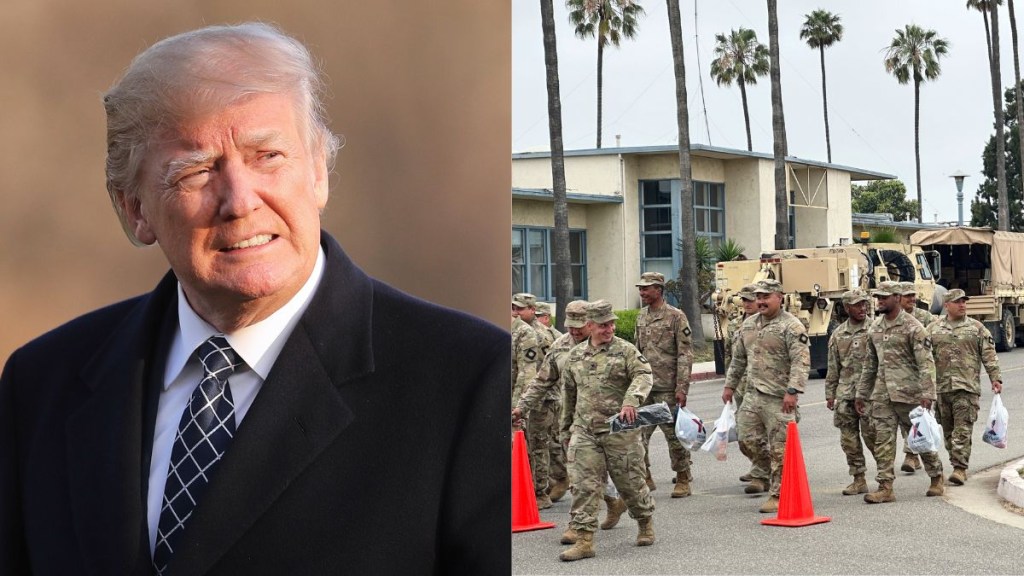US President Donald Trump’s second term has continued to stir controversy, particularly on immigration policy. While his early presidency was marked by aggressive deportation efforts targeting workplaces like farms, restaurants, and hotels, a sudden shift has emerged in enforcement strategy.
What Trump said on halting immigration raids?
According to an internal email obtained by The New York Times, US Immigration and Customs Enforcement (ICE) has been directed to halt worksite enforcement operations in specific sectors. The message, sent by senior ICE official Tatum King, was addressed to regional heads overseeing criminal investigations and Homeland Security Investigations (HSI), commonly responsible for “work site operations.”
“Effective today, please hold on all work site enforcement investigations/operations on agriculture (including aquaculture and meatpacking plants), restaurants, and operating hotels,” the email read. King clarified that probes into major crimes such as trafficking, money laundering, and drug smuggling would continue as usual.
A key emphasis was placed on avoiding the targeting of “non-criminal collaterals”, undocumented immigrants without criminal records. Homeland Security confirmed the directive, with spokesperson Tricia McLaughlin stating: “We will follow the president’s direction and continue to work to get the worst of the worst criminal illegal aliens off of America’s streets.”
Los Angeles anti-ICE protest
The decision follows Trump’s recent social media post defending “great farmers” who claimed aggressive immigration enforcement was depriving them of long-standing labour. It also comes in the wake of violent protests in Los Angeles, where demonstrations against the arrest of 40 immigrants escalated into a confrontation that led to the deployment of nearly 4,000 National Guard troops.
Officials within the administration have long acknowledged the essential role of farm workers in sustaining the US economy. As White House deputy chief of staff Stephen Miller continues to push for up to 3,000 arrests a day, the pause in agricultural and hospitality sector raids appears to be a strategic recalibration rather than a policy reversal.

